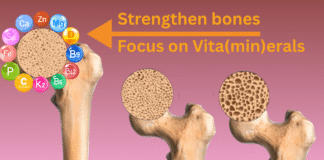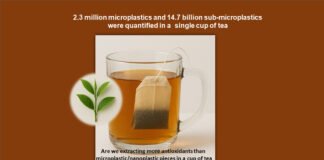Intake of carbohydrate rich food permits the body to use glucose as the main source of energy. Excess glucose is converted by the body into glycogen and is stored in tissues. Excess carbohydrates also results in the deposition of fat in adipose tissues and ultimately gain in weight. Ketogenic diet (containing high fat, low/moderate protein and low carbohydrate), on the other hand relies on fat to produce energy. When fat content is mainly used to produce energy, it induces the formation of ketone bodies, such as acetone, acetoacetate and beta-hydroxybutyrate. These ketone bodies are acidic in nature, therefore, body experience a decrease in pH (acidosis) apart from weight loss.
On the basis of scientific trials, ketogenic diet has been recommended as a complementary remedy for decreasing the frequency of seizures in people with epilepsy. Further, the diet has also been found helpful in reducing HbA1C levels in type 2 diabetics. Despite its remedial effects, the effect of ketogenic diet on the entire body is questionable. There is serious concern about association of ketogenic diet and kidney stones. According to statistical surveys, the prevalence of kidney stones in people on ketogenic diet is 3-10%, compared to one/ several thousands in the general population. There are multiple reasons for higher risk of renal stones in individuals on ketogenic diet. First, the acidosis caused by ketone bodies increases urinary calcium excretion (hypercalciuria) by decreasing calcium reabsorption in the renal tubules and increases bone demineralization. Second, ketogenic diet is low in citrate (hypocitraturia). Since citrate inhibits calcium crystallization by binding with urine calcium, lowering its concentration can promote calcium crystals. Acidosis not only favours urinary calcium excretion but also reduces citrate excretion provoking formation of stones. Third, low urine pH owing to acidosis lowers the solubility of uric acid and thus expedites formation of uric acid crystal.
Thus it is important to consider the risk of kidney stones in individuals following ketogenic diet and follow the strategies as urine alkalization, addressing hypocitraturia, and increasing fluid intake to dilute urine and eliminating the possibility of crystallization.




